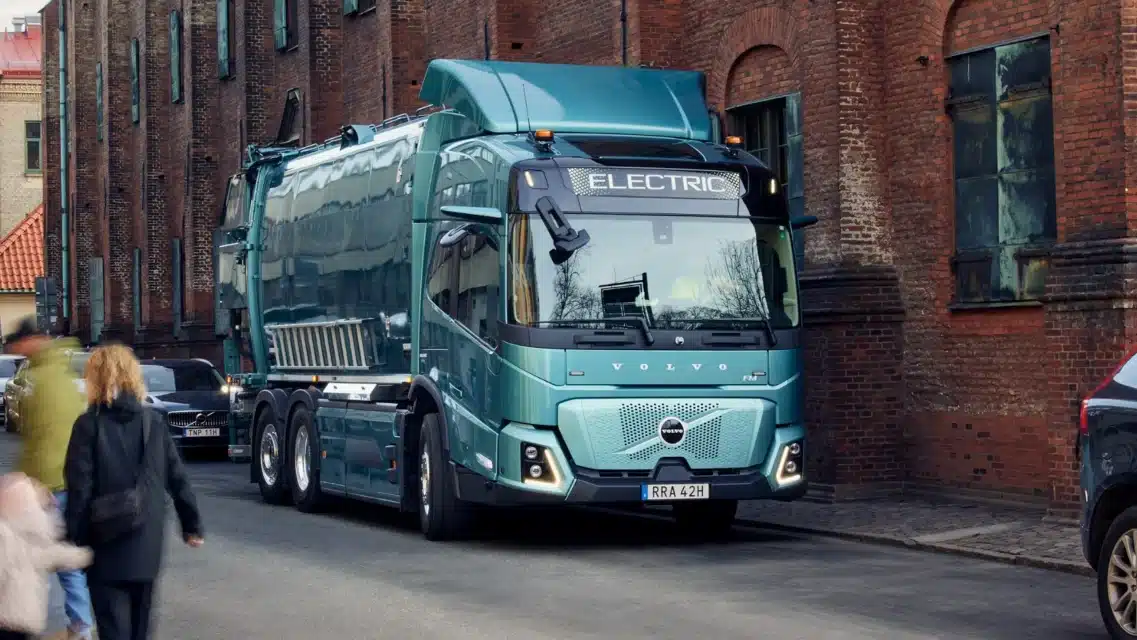With a wide range of ZEV heavy and medium duty trucks now on the market, isn’t it time we began to introduce zero-emission zones in our cities for both public services and distribution of goods?
Despite making up for only around 2% of vehicles on the roads, in 2021 alone HDVs were responsible for roughly 27% of road transport CO2 emissions (around 230 million tons). And although the EU has introduced emission reduction targets in a stepwise plan, the European Environment Agency estimates that HDV emissions could drop to around 170 million tons by 2030 under current EU policy.
ZEV trucks and buses
The introduction of ZEV city zones would increase the uptake of ZEV trucks, buses and other service vehicles operated by both public services (like waste collection and recycling) and in-city deliveries of foodstuffs and other goods to retailers. Although the phase-out of HDVs operating on diesel combustion engines would take some time (average lifespan of a truck is 10-15 years), the introduction of ZEV mandates in cities would have an immediate and increasing impact, with around 25% of the EU fleet having switched to ZEV solutions by 2030 and a reduction of somewhere in the region of 43 million tons of CO2 per year, compared to the current status quo.
But it is not just a reduction in CO2 that makes this a viable and effective way forward – air pollution in the form of NOx could also be reduced by up to 50,000 tons per year across EU cities, reducing the health impact that air pollution has on public health.
Despite the lack of a robust charging infrastructure across EU cities the introduction of new a HDV ZEV mandate and clearly marked ZEV zones, the initial strain on the electric grid would be minimal, though increase over time, allowing time to build a more robust charging network based on depot and overnight charging.
Technology
The technology to begin this shift already exists, with companies like Volvo Group, Scania and Daimler Truck offering both battery electric, renewable fuel-based combustion engine HDVs and in the very near future hydrogen fuel cell powered trucks.
A 2026 ZEV mandate across EU cities, while ambitious and initially expensive would quickly position the EU as the clear leader in the decarbonization of transportation and help to speed up the transition to a zero-emission transport industry. Only a concerted effort from Brussels can help to make this happen by incentivizing private companies with public tender contracts to make the switch, and by offsetting the costs of initial purchase prices through financial incentives (reduced road tax, no congestion charges etc.).
An opportunity to fast-track our cities toward ZEV zoning would not only speed up the transition to net-zero, but it would also reduce the impact on citizen health, offering further savings.
Isn’t it time the EU did what they are supposed to do? Start with city-based public services like waste collection and public transport and widen the scope to urban logistics. The transition must start now. Not in 2030.




Long overdue.